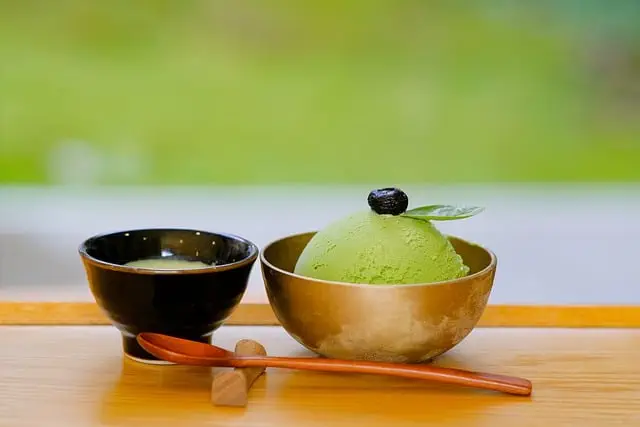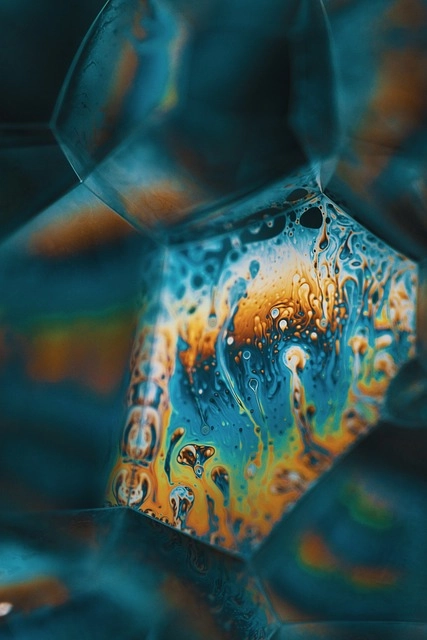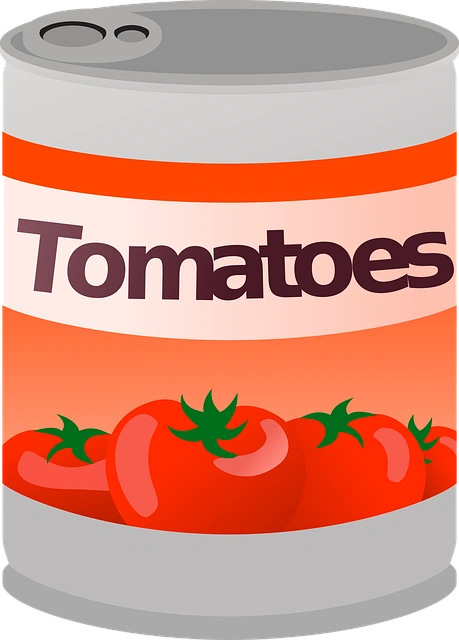Dehydrated water has unexpectedly become a sensation in the market of quirky 'weird canned food,' initially as a humorous novelty but gaining serious attention for its practical applications. This product, which consists of granular cells of frozen distilled water dehydrated to canning standards, is not only a visual tribute to traditional canning but also sparks a conversation on consumerism and the commercialization of essential resources like water. Its appeal lies in the irony of offering something as ubiquitous as tap water in a can, leading to widespread online discussions and solidifying its status as a viral hit. Beyond the joke, dehydrated water has proven to have utility in agriculture as a humidity control agent for optimal plant growth and disease prevention, and in industry for precise dosing, enhancing manufacturing processes, product quality assurance, and controlled irrigation systems. Its potential extends into various sectors including pharmaceuticals and electronics, showcasing the transition from a novelty to a recognized innovation within the realm of 'weird canned food.'
Explore the enigmatic world of dehydrated water, a concept that challenges our understanding of sustenance. This article delves into the whimsical yet curious trend of canned dehydrated water, a niche weird canned food phenomenon that has transitioned from a mere gag gift to a topic of genuine market interest. Join us as we unpack the science behind this moisture-preserving innovation and reveal its unexpected practical applications, proving that not all is as it seems in the realm of canned goods.
- Unraveling the Mystery of Dehydrated Water: The Ultimate Weird Canned Food Fad
- The Genesis of Dehydrated Water: From Novelty Gag to Market Curiosity
- The Science Behind Dehydrated Water: Understanding Moisture in a Can
- Practical Applications of Dehydrated Water: Beyond the Joke, Real-World Uses Unveiled
Unraveling the Mystery of Dehydrated Water: The Ultimate Weird Canned Food Fad

Dehydrated water, a concept that seems to defy logic, has become an unexpected hit in the realm of quirky and weird canned food items. This novelty product challenges our understanding of sustenance and serves as a playful commentary on consumerism and the commodification of essential resources. The can itself is a feast for the eyes, often adorned with intricate designs that mimic those found on more conventional food products. Inside, it’s a simple yet curious affair: an airtight container holding granular cells of frozen distilled water, dehydrated to a point where it can be packaged and sold.
The allure of dehydrated water lies in its sheer novelty; it’s a gag gift that pokes fun at the very idea of scarcity and necessity. It raises questions about our relationship with food and resources, emphasizing the absurdity of consuming something as ubiquitous as water in a can. The product has sparked conversations and captured imaginations across social media platforms, becoming a viral sensation. It’s a clever fusion of humor and provocation, offering a tongue-in-cheek solution to an issue that has plagued humanity since time immemorial: the need for water. The dehydrated water can is a testament to human ingenuity, albeit in a whimsical and lighthearted manner. It’s a conversation starter, a collector’s item for enthusiasts of weird canned food trends, and a humorous reminder of the importance of water in its liquid form.
The Genesis of Dehydrated Water: From Novelty Gag to Market Curiosity

The concept of dehydrated water, encapsulated in a can, once began as a whimsical novelty gag, designed to amuse and puzzle those encountering it for the first time. The idea, inherently paradoxical, challenged the very notion of hydration, inviting skepticism and curiosity in equal measure. As a gag gift, it found its way into gift exchanges and practical jokes, a humorous anomaly amidst the myriad of conventional gifts. However, as the novelty of dehydrated water spread, it piqued the interest of consumers intrigued by its peculiarity. The curiosity around this ‘weird canned food’ transcended mere amusement, leading to its exploration as a market curiosity. Manufacturers, taking note of this burgeoning interest, began producing dehydrated water on a larger scale. The product’s transformation from a novelty gag into a bona fide curiosity in the market speaks volumes about consumer trends and the intriguing nature of unusual products. It serves as a reminder that sometimes, what begins as a playful invention can gain genuine traction, challenging our expectations and opening up new possibilities for innovation and consumption.
The Science Behind Dehydrated Water: Understanding Moisture in a Can

The concept of dehydrated water, encapsulated in a can as a whimsical gag gift, may initially strike one as an oxymoron. However, this peculiar product is rooted in scientific principles related to the physical state of matter and the retention of moisture. At its core, dehydrated water is essentially pure water in a highly concentrated form—it’s water that has had nearly all of its own molecules removed, leaving behind a powder that can absorb water vapor from the environment. This process of dehydration involves removing the water content from the product through various methods like freeze-drying or evaporation. The result is a ‘solid’ that holds the potential to regain its liquid state. When the dehydrated water powder comes into contact with moisture, it absorbs it and expands, demonstrating the unique properties of matter under different conditions. This makes it an intriguing addition to the realm of weird canned food items, serving as a conversation starter or a quirky novelty gift that embodies the science of hydration in a playful manner. The product’s ability to ‘rehydrate’ when exposed to humidity showcases the principles of capillary action and osmosis, making it not only a source of amusement but also a tangible demonstration of scientific phenomena related to moisture and phase changes.
Practical Applications of Dehydrated Water: Beyond the Joke, Real-World Uses Unveiled

While the concept of a can of dehydrated water may initially strike one as a mere gag gift, there are surprisingly practical applications for this seemingly absurd product in the realm of weird canned food. One of the most notable uses is in the field of agriculture, where dehydrated water serves as a moisture control agent. This innovative approach allows farmers to precisely regulate the humidity around delicate plants, optimizing growth conditions and reducing the risk of diseases that thrive in overly damp environments. The ability to add precise amounts of water back into solution makes it an invaluable tool for controlled irrigation systems.
In the industrial sector, dehydrated water finds its place as a key component in various chemical reactions and processes. Its concentrated form allows for the meticulous dosing required in manufacturing settings, particularly where moisture control is critical to prevent contamination or to maintain product integrity. This application ensures that industries ranging from pharmaceuticals to electronics can operate with high precision, leveraging the unique properties of dehydrated water to enhance their production processes and quality assurance measures, thus moving beyond the novelty and into the realm of practical innovation within the niche of weird canned food.






